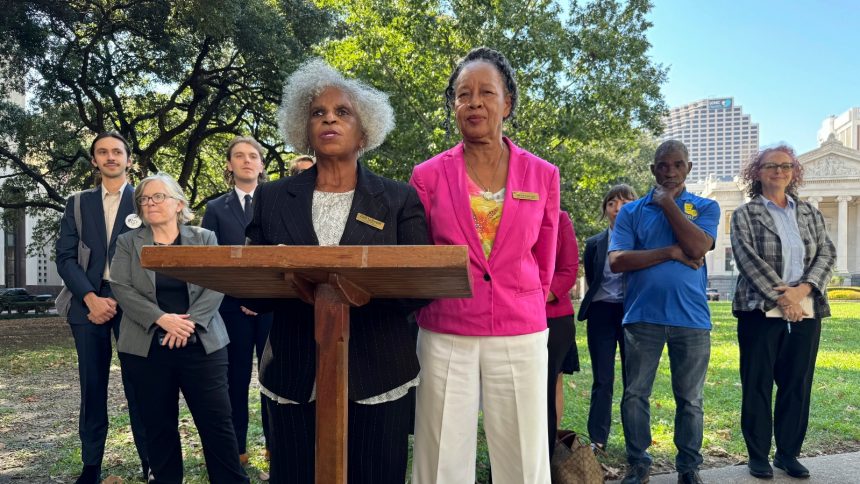Nestled along the lower Mississippi River in St. James Parish, Louisiana, vast petrochemical complexes dominate the landscape, replacing once vibrant farmland with concrete and steel structures. These industrial giants, like Nucor and Occidental, have transformed the lush surroundings into a polluted wasteland, causing crops to wither and wildlife to disappear.
Gail Lebouf, a dedicated community activist from “Cancer Alley,” has been at the forefront of the fight against the discriminatory practices that have plagued her parish. The majority-Black neighborhoods of the 4th and 5th districts bear the brunt of the 20 petrochemical plants in the area, with each district housing roughly one plant for every 250 residents.
Despite the mounting evidence of environmental injustice, the parish council has continuously approved new industrial developments, such as the controversial $9.4 billion plastics manufacturing complex owned by Formosa. This facility, poised to release cancer-causing pollutants, threatens the health and well-being of nearby residents.
In response, local organizations, including Mount Triumph Baptist Church, Rise St. James, and Inclusive Louisiana, have taken legal action against the parish government in a bid to halt discriminatory permitting practices. While a federal judge dismissed the racial discrimination claims, citing a statute of limitations, the plaintiffs are now appealing the decision in hopes of obtaining justice for their community.
By challenging the systemic injustices that have plagued St. James Parish for decades, these residents are shedding light on the ongoing battle for environmental justice and equal protection under the law. Their fight underscores the urgent need to address discriminatory land use decisions that continue to harm marginalized communities across the country.






